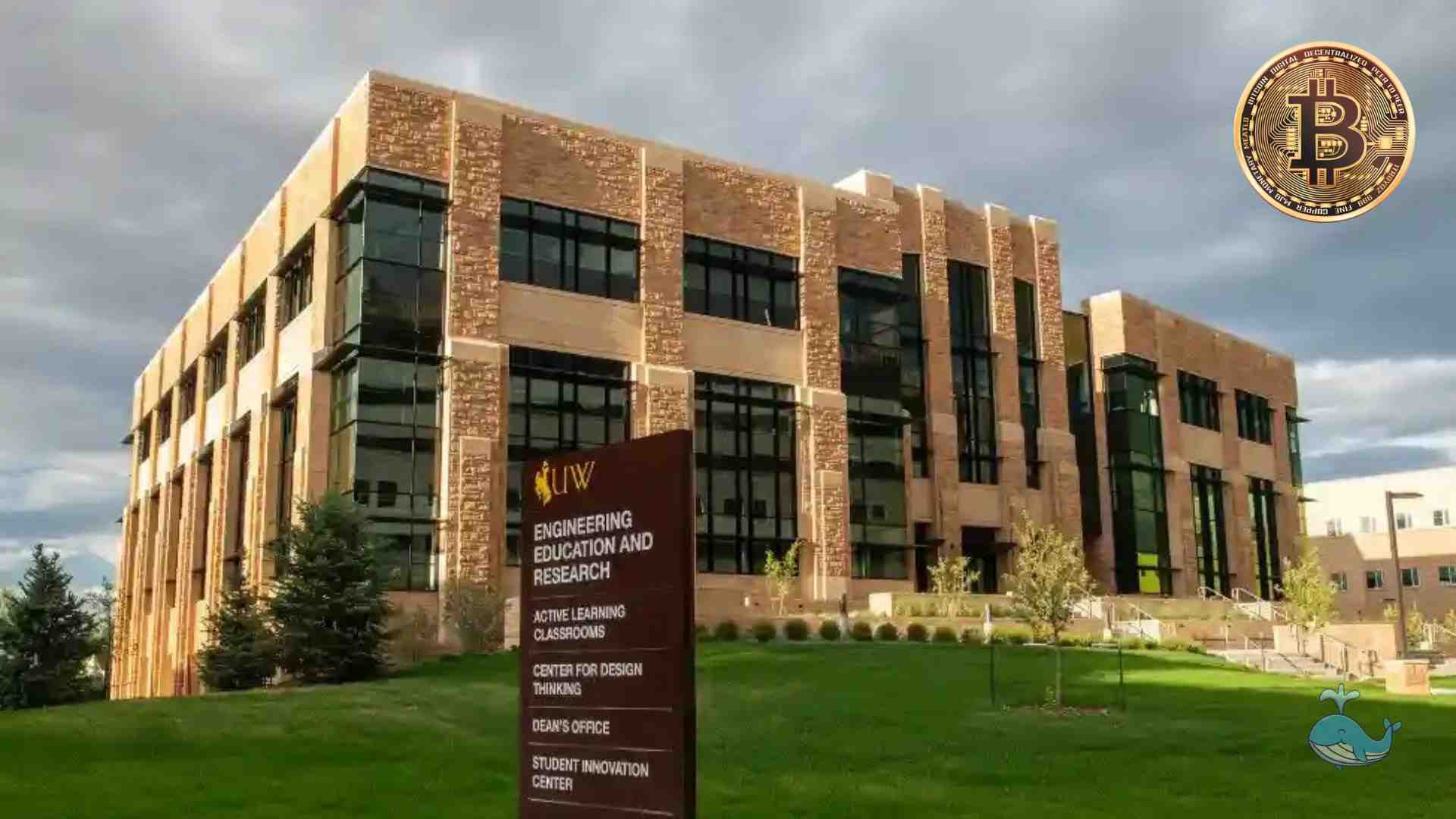University of Wyoming to launch the first Academic Bitcoin Research Institute

The University of Wyoming (UW) has taken a significant step forward in academic research with the launch of the first Bitcoin Research Institute (BRI) in August.
On July 28, University of Wyoming Associate Professor and Bitcoin activist Bradley Rettler announced the establishment of the new institute on X. He is going to be the director of the institute.
Rettler wrote the BRI seeks to produce top-notch, peer-reviewed publications from all academic fields regarding Bitcoin. The quality of a lot of academic bitcoin research is pretty low because it is conducted by non-bitcoin experts. It was predicted by Mora et al. that "Bitcoin alone could push emissions 2 degrees." He said that they overlooked the difficulty adjustment and were unaware of the block size limit.
Certain individuals are ignorant of Layer 2s, such as Lightning, and the supply cap, which is possibly the most distinctive feature of Bitcoin, as was the case with Nassim Nicholas Taleb's infamous "Bitcoin Black Paper." Some make inaccurate inferences about the characteristics of bitcoin users. These mistakes end up in policy and journalism.
In theory, Bitcoin has many facets, but in reality, it has much more. As journalists are not experts, they rely on scholars. They have been let down by far too many of those scholars.
The fact that there is high-quality scholarly research on bitcoin is encouraging. Bitcoin is extremely well understood and explained by the work of Williams J. Luther, Josh Hendrickson, Margot Paez, Craig Warmke, Andrew M. Bailey, Matthew Ferranti, and others.
Wyoming is good. And from August 2025, I'll be a Professor of Philosophy at the new Bitcoin Research Institute at the University of Wyoming. @rettlerb and I have long dreamed of building something together; this is a dream come true.https://t.co/2Nhlq8QrhP https://t.co/FLw2KfGszE
— Andrew M. Bailey (@resistancemoney) July 28, 2024
For academics interested in bitcoin, however, the incentives often don't match up. Projects centered around bitcoin must be side projects because very few advisors will let their advisees focus solely on bitcoin.
The post also mentioned how few community members or advisors take on these projects. The incentives are set by the Bitcoin Research Institute. We offer financial support for travel and lodging, as well as a community of scholars who can offer constructive criticism on their projects. We're taking down obstacles so that academics can work on bitcoin.
Those with knowledge of bitcoin should do more academic research on the cryptocurrency. The goal of the BRI is to produce that work, which will eventually reach policymakers and journalists.
The UW Bitcoin Research Institute is a nonprofit organization under Section 501c(3). Caitlin Long, the founder of Custodia Bank, has enabled the university to directly accept Bitcoin, thereby facilitating the BRI. Furthermore, we hold 4% of our capital in bitcoin, so we won't sell any bitcoin you donate.
Rettler stated in the post that he is a Senior Fellow at the Bitcoin Policy Institute (BPI). The missions of BRI and BPI are different. BRI conducts scholarly research for academic publications. The research conducted by BPI is far more comprehensive and focuses on the societal and policy effects of bitcoin.
In part because of its Republican senator Cynthia Lummis, Wyoming has been a pro-crypto state in the US. She has long supported cryptocurrencies, believing that the asset class is prepared for responsible regulation.
Disclaimer: This information should not be considered financial advice by any means. Please do your own research before making any investment decisions. The views in the articles are personal opinions only. Whale Insider is not responsible for any financial losses incurred.
